

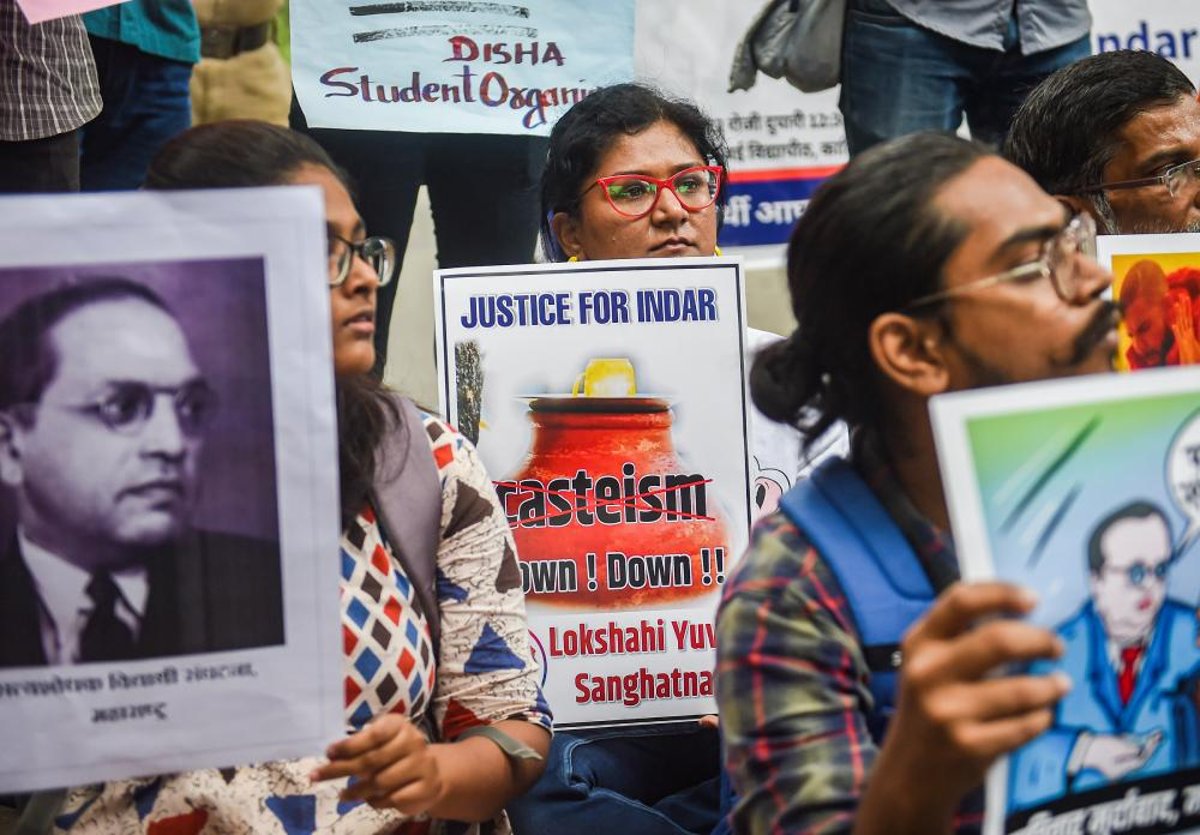
Various Adivasi-Dalit organisations in Kerala have called for a state-wide hartal on August 21 to protest against the recent Supreme Court verdict on sub-categorisation of reservations for Scheduled Castes and Scheduled Tribes. The protestors allege that the verdict aims to divide the SC/ST list on a caste basis and introduce a 'creamy layer'. Despite the BJP government's assurance, the central government has yet to acknowledge that the creamy layer division is the basis for categorising the list, as stated by the protestors. The Union Cabinet has also asserted that there is no provision for a creamy layer in the reservation for SCs and STs in the Constitution given by B R Ambedkar.
Background:
The caste system in India, a hierarchical social structure based on birth, has historically marginalized and discriminated against individuals from lower castes, including Scheduled Castes (SCs) and Scheduled Tribes (STs). These communities have been granted reservations in education and employment to address historical injustices.
Recent Protests:
On August 21, various Adivasi-Dalit organizations in Kerala called for a state-wide hartal (strike) to protest the Supreme Court's recent verdict on the sub-categorization of reservations for SCs and STs. The verdict allows states to create separate categories within these groups based on socioeconomic factors.
Protestors' Concerns:
Protestors allege that the verdict will:
Government's Response:
The BJP government in Kerala has assured protestors that it will not implement the verdict without consulting the SC/ST community. However, the central government has maintained that there is no provision for a "creamy layer" in reservations for SCs and STs.
FAQs:
1. Why are the protestors opposed to the verdict?
Protestors believe the verdict will create a divide within the SC/ST community and limit access to reservations for the most marginalized individuals.
2. What is the "creamy layer" concept?
In the context of reservations, "creamy layer" refers to economically well-off individuals who do not require special assistance. The protestors fear that its application to SCs and STs will exclude many qualified candidates.
3. What is the constitutional basis for reservations?
Reservations for SCs and STs have been enshrined in the Indian Constitution under Article 15(4) and Article 16(4) to address historical discrimination and promote their upliftment.
4. What other SC/ST-related protests have occurred in the past?
In 2018, a nationwide strike was called by Dalit organizations to protest the dilution of the Scheduled Castes and Tribes (Prevention of Atrocities) Act.
5. What steps have been taken to address caste-based discrimination in India?
The government has implemented various measures to combat caste discrimination, including laws against untouchability and caste-based violence, as well as affirmative action policies for SCs and STs. However, caste prejudice persists in various forms.
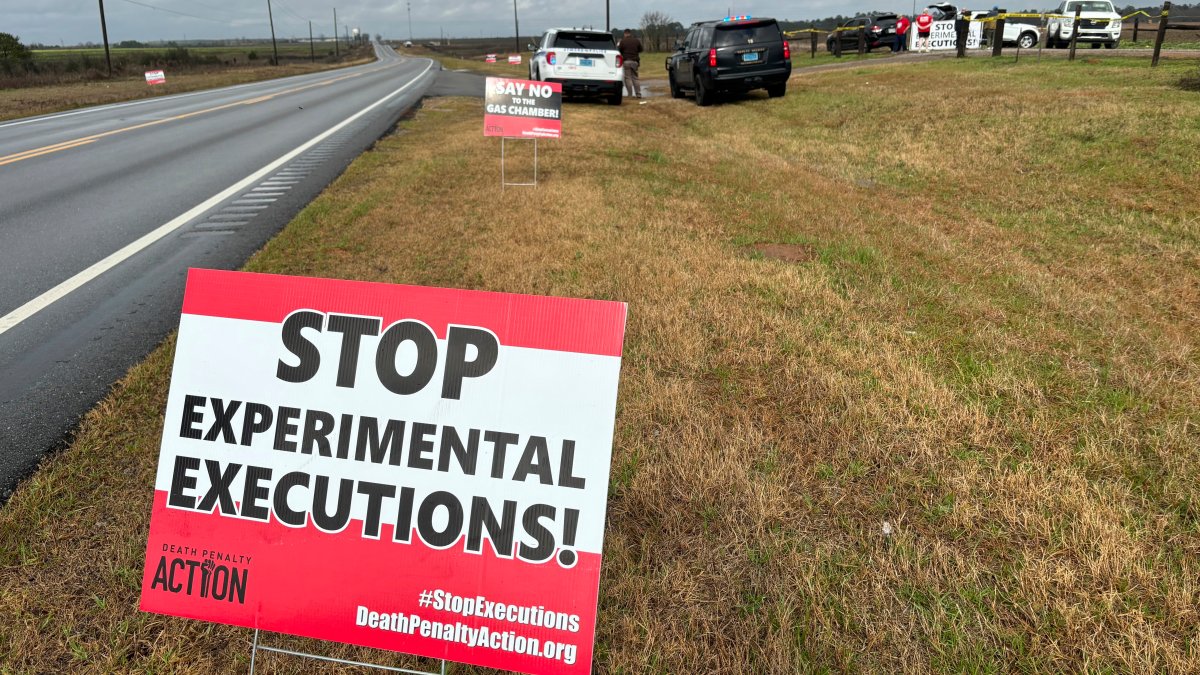
The state of Alabama has recently executed Carey Dale Grayson, who became the third inmate in the U.S. to receive the death penalty via nitrogen gas. He was convicted for the horrific torture and murder of hitchhiker Vickie Lynn DeBlieux in 1994. The controversial method has sparked debate, with Governor Kay Ivey expressing that it pales in comparison to the pain and suffering DeBlieux endured. However, her daughter Jodi DeBlieux Haley holds a different perspective, emphasizing that her mother was a unique and wonderful person and that she does not support the death penalty despite her loss. Grayson's final words, in which he cursed and gestured with his middle fingers, further polarized opinions on the use of the death penalty.
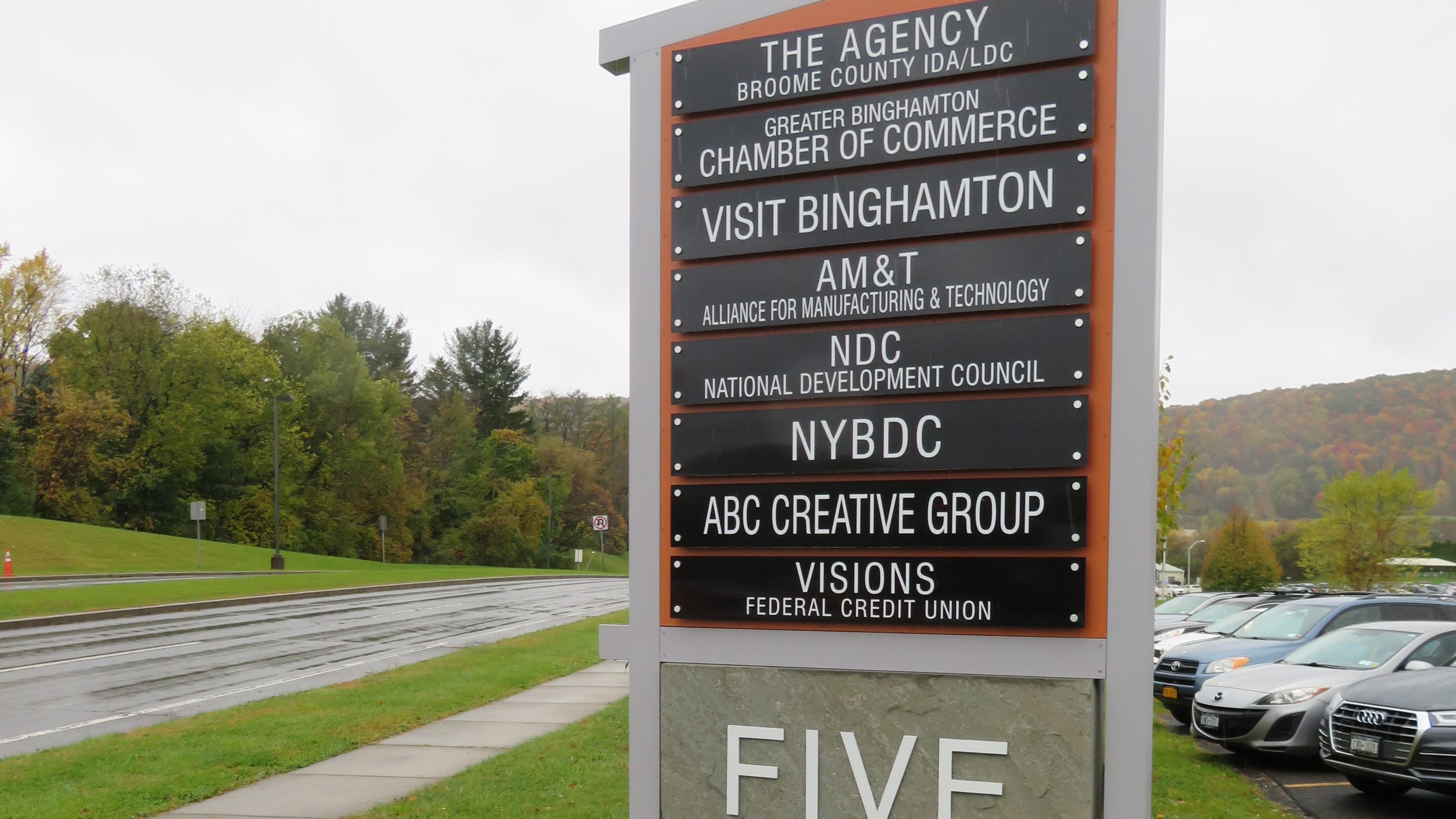
The Broome County IDA has faced public backlash over their proposal for the Broome Technology Park, and is now seeking community input through a newly-launched survey. This will help determine various aspects of the project, including job opportunities and infrastructure improvements. The IDA's draft scoping document, released in August, also addresses potential environmental impacts. Citizens can participate in the survey by following the provided link.
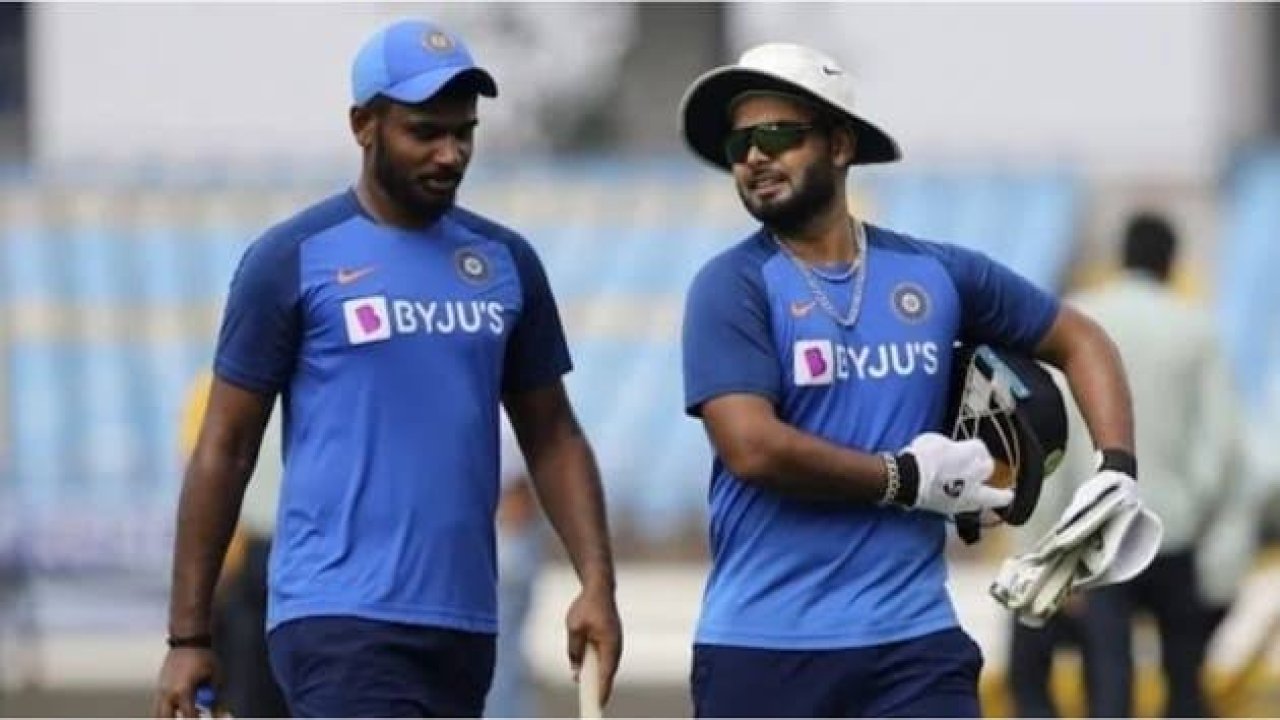
In a recent interaction, Indian cricketer Rishabh Pant revealed the real reason behind his release from the Delhi Capitals franchise. Pant was released by the team ahead of the mega auction on November 24 and has since been one of the most highly sought-after players. With the Indian Premier League (IPL) auction just a day away, the buzz around Pant's auction price has only added fuel to the fire. The Delhi Capitals wicketkeeper-batsman recently shared a pleasant interaction with long-time rival Nathan Lyon, adding fuel to rumours about a possible rift between the two. Pant and fellow big-name players like Shreyas Iyer and KL Rahul were all released by their franchises, leaving them up for grabs by the highest bidder at the auction.
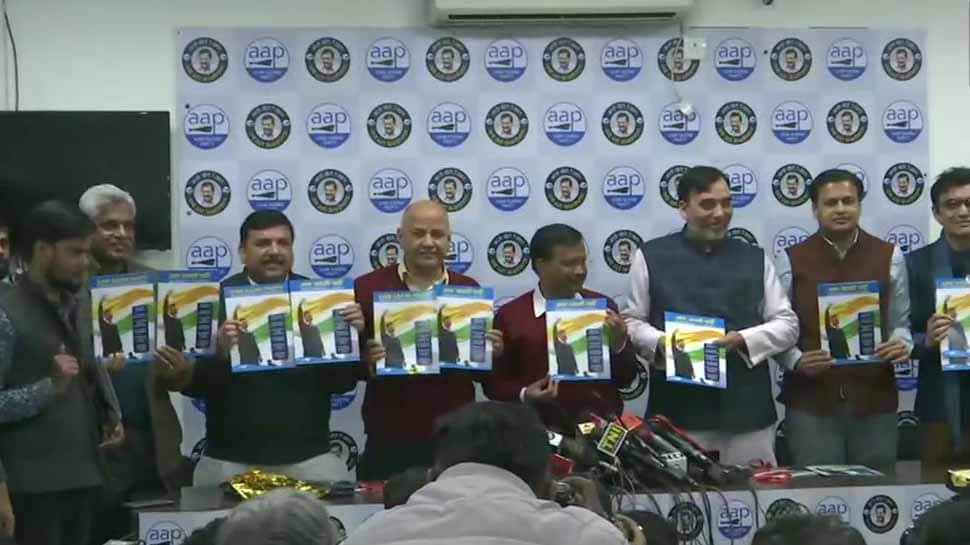
The Aam Aadmi Party (AAP) has launched its 'Revdi Par Charcha' campaign for the upcoming 2025 Delhi assembly elections, promising six major guarantees to the citizens. This includes free electricity, water, education, healthcare, transportation, and a special program for senior citizens. AAP leader Arvind Kejriwal warned against voting for the BJP, stating that their policies could put an end to these benefits. The party plans to conduct 65,000 meetings to spread awareness about their campaign.
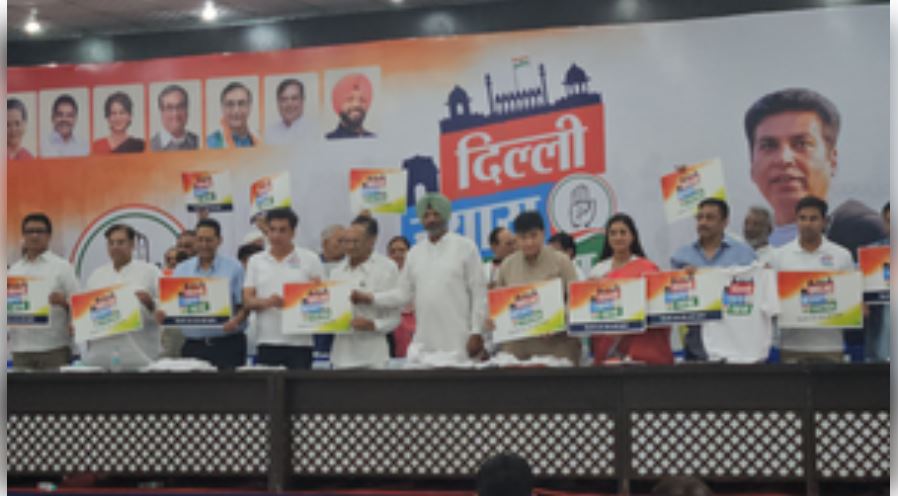
The Delhi Congress has kicked off its 'Delhi Nyay Yatra' with the aim of unmasking the corrupt practices of the Aam Aadmi Party government. This yatra, which will last for a month, is seen as a strategy to regain the Congress' lost ground in the city before the upcoming Delhi Assembly polls in February. Party leaders, including former Delhi Assembly Speaker Ajay Maken and Delhi Congress Chief Devender Yadav, have come together to highlight the failures of the Kejriwal government and connect with the residents of the city. Inspired by Rahul Gandhi's 'Bharat Jodo Yatra', the Delhi Nyay Yatra holds great significance in the party's efforts to expose and criticize the incumbent government.
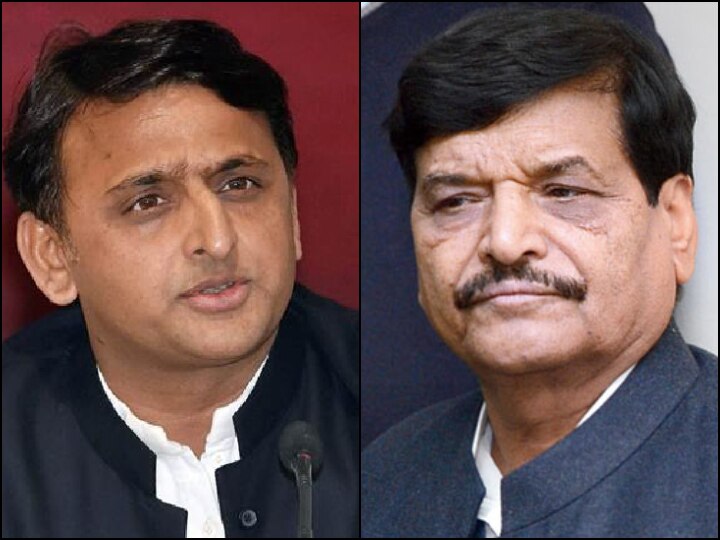
Delhi Congress chief Devender Yadav has declared that there will be no alliance between his party and the Aam Aadmi Party (AAP) for the upcoming Assembly elections in the Union Territory. He acknowledged the mistake made in the 2019 Lok Sabha election and clarified that it would not be repeated in the future. This comes after senior Congress leader Mateen Ahmed's decision to join the AAP, along with his son and daughter-in-law. Yadav has firmly stated that the defection of party members will not affect their decision and that the people of Delhi have faith in the Congress.

West Virginia Governor Jim Justice recently vetoed a bill that would have expanded exemptions for vaccines for school-age children. While the governor had signed several bills earlier in March, this particular bill was met with controversy as some argued that it could potentially harm the health of students and put them at risk for preventable diseases. With the state's low vaccination rate being a concern, this veto has sparked debates and discussions on the importance of vaccinations and public health policies.
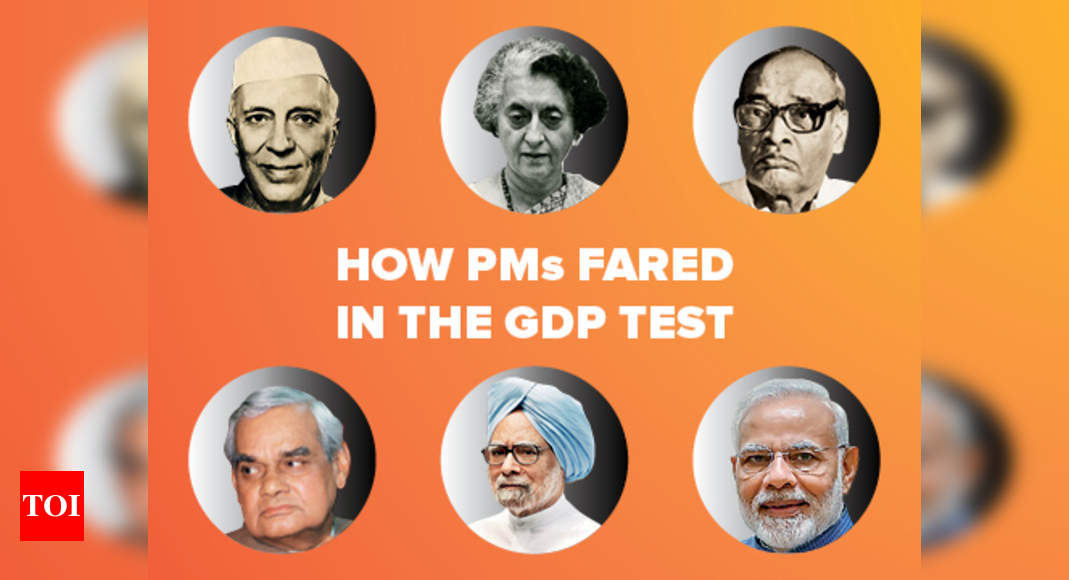
As the highly anticipated Border-Gavaskar Trophy between India and Australia unfolds, the discussion shifts to a different kind of contest - the impact of Indian Prime Ministers on the country's economy. With the likes of Narendra Modi, Manmohan Singh, and Indira Gandhi at the forefront, this debate has been ongoing for decades. With newcomers Harshit Rana and Nitish Kumar Reddy making their Test debuts, the question arises - which Indian PM has made the biggest impact on the economy? This analysis delves into the policies and actions of past Indian leaders and the impact on the country's economic growth.
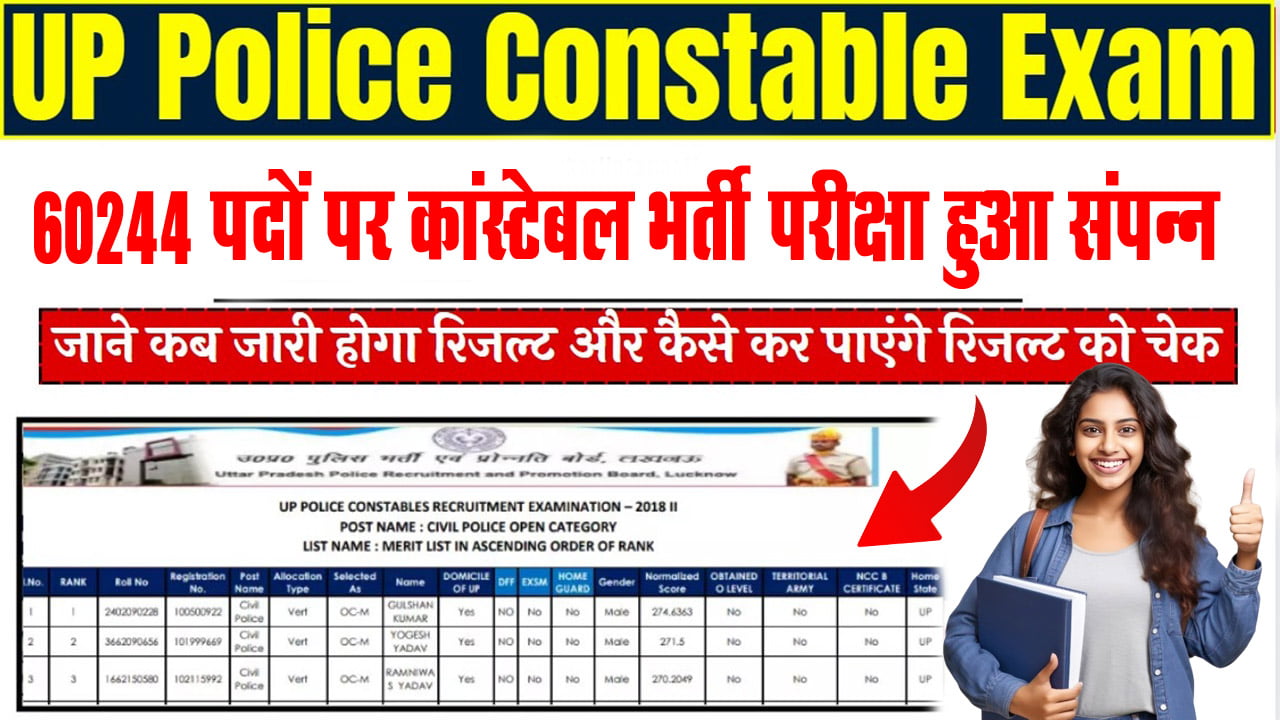
The UP Police Recruitment and Promotion Board has released the results for the police constable exam, with 25 dropped questions from the answer key. Candidates can check their scores on the official website and document verification and PET will be held in December 2024. A total of 60,244 posts will be filled through this recruitment drive, which faced controversies over national-level examinations and saw a participation of 48,17,315 candidates. Here's how to check your result.
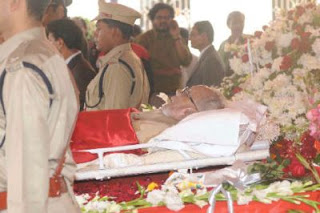
The death of MM Lawrence, a veteran Communist and trade unionist, has sparked a legal battle between his daughter and other family members over his wish to donate his body for medical research. The case has brought to the forefront the complexities that arise when religious and family sentiments clash with personal end-of-life choices. The Kerala Yuktvadi Sangham and AT Kovoor Trust are fighting to protect the rights of individuals over their dead bodies, as they face challenges in enforcing the existing Kerala Anatomy Act.